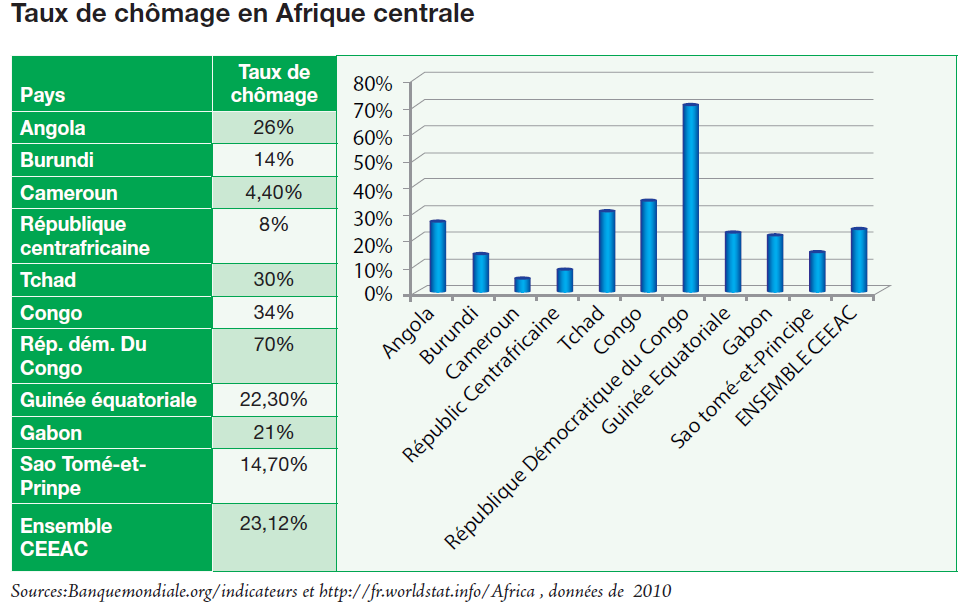Bamenda Traders’ Strike
The
strike action organised by Bamenda traders last July 12 has come and gone. It
is now time for those affected to draw lessons. The following paper goes beyond
the arguments and counter arguments for and against the strike to demonstrate
that both striking traders and the BCC authorities actually have convergent
interests.
Last July
12, an estimated 3,000-man crowd of traders protesting increased market stall
rents by the Bamenda City Council, stormed the North West Governor’s office,
prompting a crisis meeting of the administration, the Bamenda City Council
authorities, the Mayors of Bamenda I, II and III Councils and representatives
of the striking traders; a meeting which resulted in the Secretary General of
Bamenda City Council announcing a suspension of the price increase.
The
trader’s ire had been provoked when, in attempting to renew their rents as due
from July 1, they were informed that as per instructions from the Government
Delegate, rents were henceforth only received from those who were ready to pay
the sum of 20,500frs per month, up from the 10,000 frs that had been applicable
for the past couple of years.
To some,
this was a show case of people power. To others, it was nothing more than
another instance to prove that Bamenda is a hotbed of protests. Indeed, since
1990, Bamenda has been noted for its strike actions. Recently, lawyers were
seen on the streets protesting issues of interest to them. The trader’s strike,
however, triggered alarm bells, being a grassroots movement, not only because
these strikes have the ability to paralyze the city (4 markets and several
trade unions) or spiral out of control if other groups join, but more
especially, because the administrative and municipal authorities fully
understood that if the grassroots go on strike, then it is a matter of livelihoods.
Perhaps this is what prompted the quick response from these authorities, but
what were the trader’s grievances?
Beside the
protested increase in stall rents, the traders also cite unclear conditions of
access to newly built stalls around the stadium and along busy streets in town,
the lack of parking space for traders and shoppers, poor electrical connections
or the lack thereof, belated or inexistent repairs. (See reactions from traders). Others advance a
social argument, claiming that because of low turnover in some of the city’s
markets, the traders are unable to earn a living, talk less of paying the
current rents, reason why, instead of maintaining the old rents, these traders
are calling for reduction of the rents in their markets (See reactions from
traders).
Under the
auspices of the governor and upon instructions of the Government Delegate who
had travelled out of the country at the time of the strike, the protested
increase was withdrawn, and Bamenda Council Authoritiies ordered revenue collectors
to start accepting the pre-existing rents, while admitting that the increase
had not received the approval of supervisiory authority of the Bamenda City
Council, the Mezam SDO; an admission which suggests that the implementation of
increased rents, which had been deliberated in the Council since April 2016,
was nevertheless premature.
However,
the Government Delegate of the Bamenda City Council has avowed his surprise at
the action of these traders which he deems to be of “bad faith”,since more than
5 meetings had been held with the traders to pave the way for the rent
increase, which was not only done to streamline the rents with the law but to
raise much needed finances for the City Council. The Government Delegate also
explained that during the said meetings with traders’ representatives of all
the markets in question, considerations had been granted to markets in remoter
areas with lower turnovers. Regarding conditions of access to the new stalls,
he explained that they were done on build operate and transfer (BOT) mode.
How
therefore can one understand this strike, given all the prior consultation and
information, the fact that the grand councillors are also supposed to explain
the increase out to the traders? Simply bad faith, as the Government Delegate
declares or a more deep seated discontent? Could it be that, the traditional
distance the population of Bamenda has with the policies enacted by the Central
Government, their opposition to the appointment instead of election of
government delegate, or the feeling that their own interests are not
sufficiently taken into consideration, or again a precedent of bad governance
by State appointed officials has created an atmosphere of paranoia among the
traders? Does the partisan opposition between the SDF and the CPDM have any role
to play? These are all questions which we could not find the answer.


Comments
Post a Comment